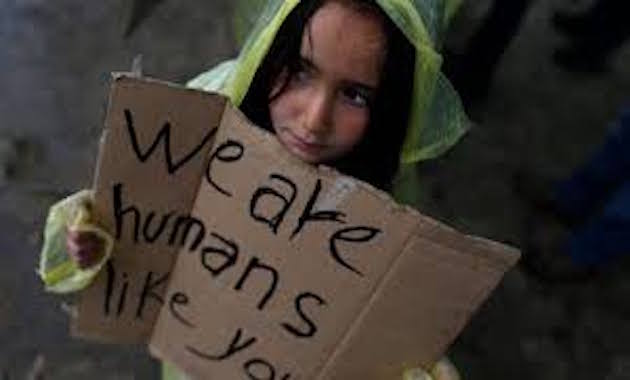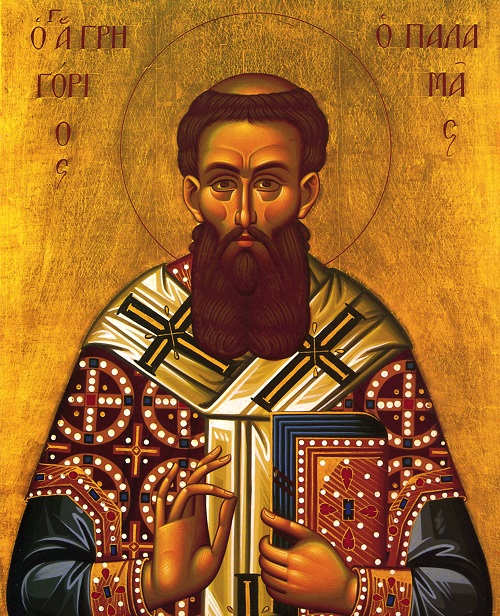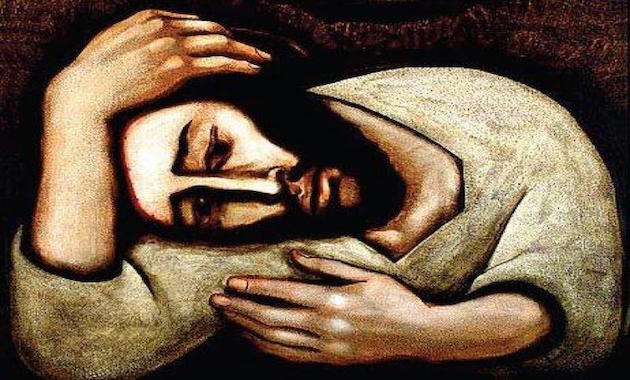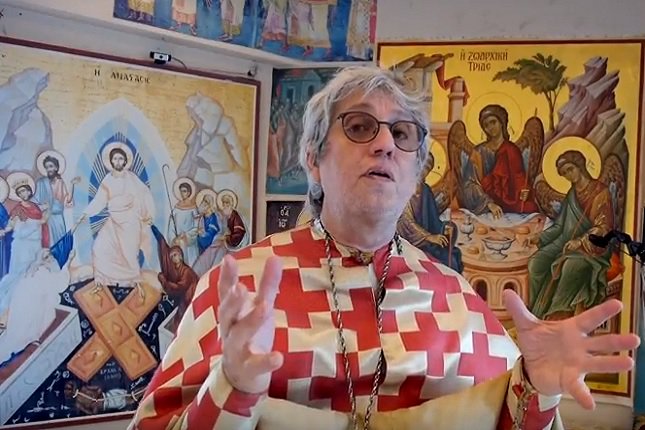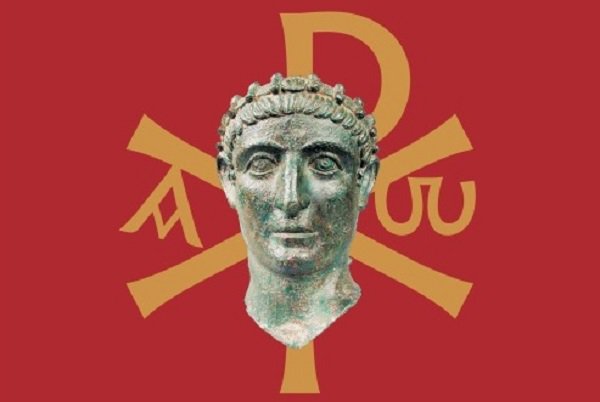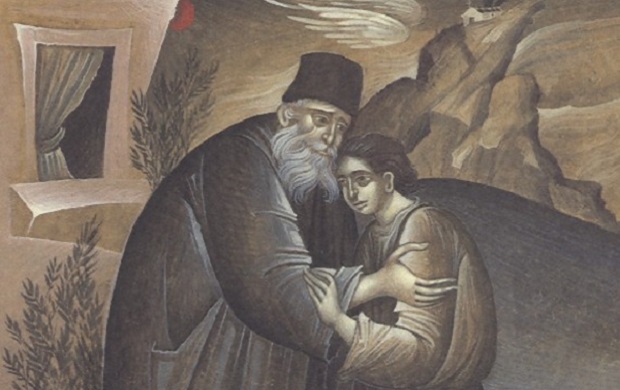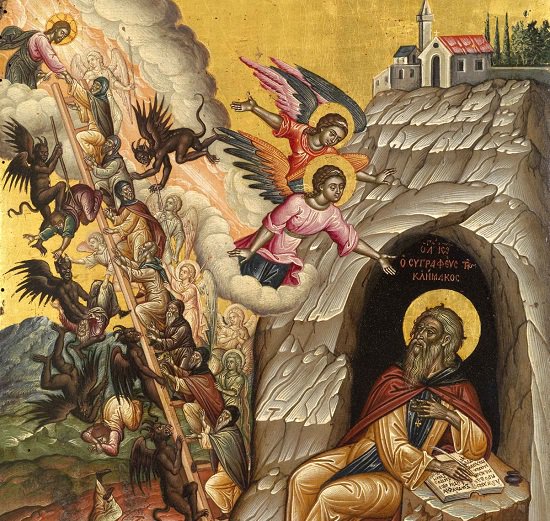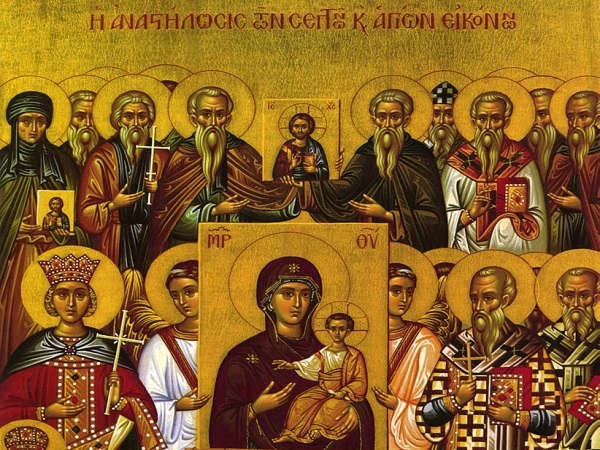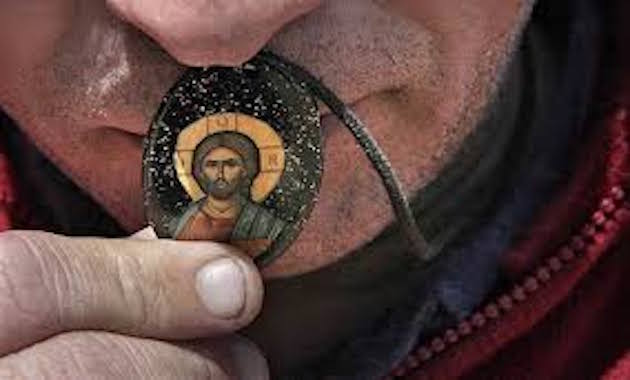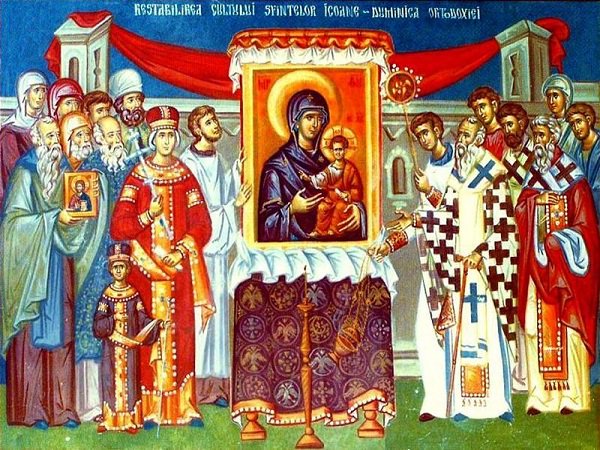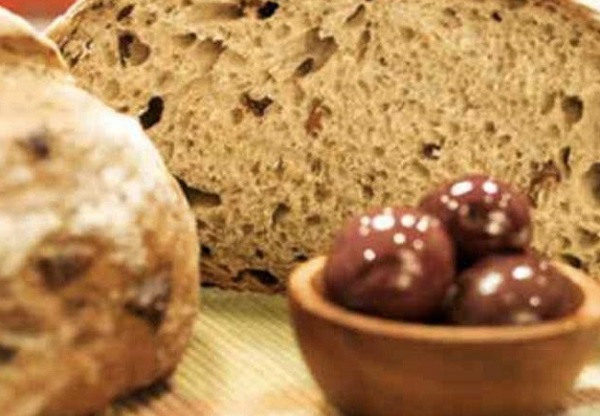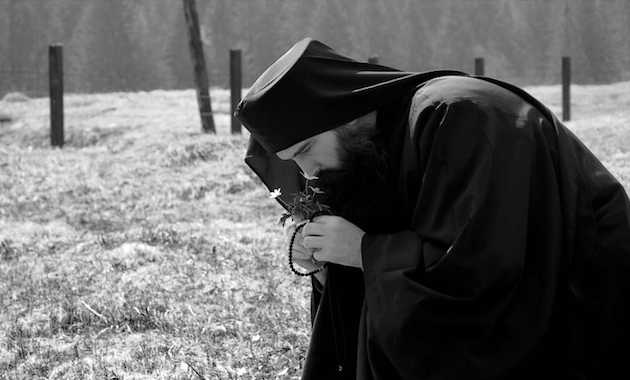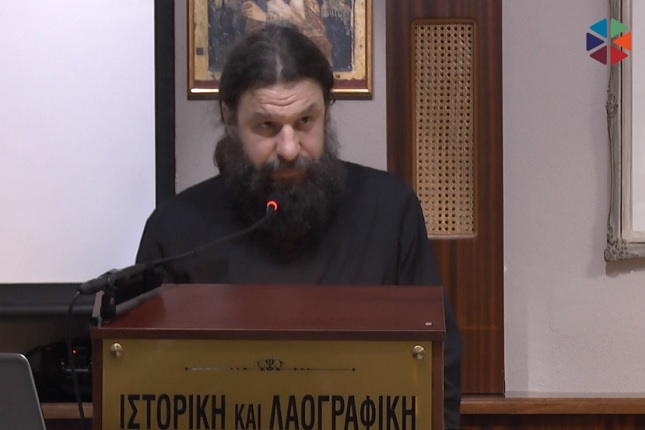Let us observe an acceptable fast, pleasing to the Lord. A true fast: estrangement from evil, restraint of the tongue, control of anger, abstention from desires, slander, falsehood and perjury. If there is a paucity of these, then our fast is true and acceptable.
Apostikho, Vespers, Monday in 1st week
We practice the virtues in secret, anticipating spiritual rewards. We do not trumpet them in the open places but rather benefit from them in our hearts. And He who sees all things which occur in secret will grant us reward for our restraint. Let us keep the fast not with frowning faces, but praying in the depths of our souls
Stikhero, Vespers, Wednesday, 4th week
Let us fast in the body, brethren, and fast ...
Περισσότερα
